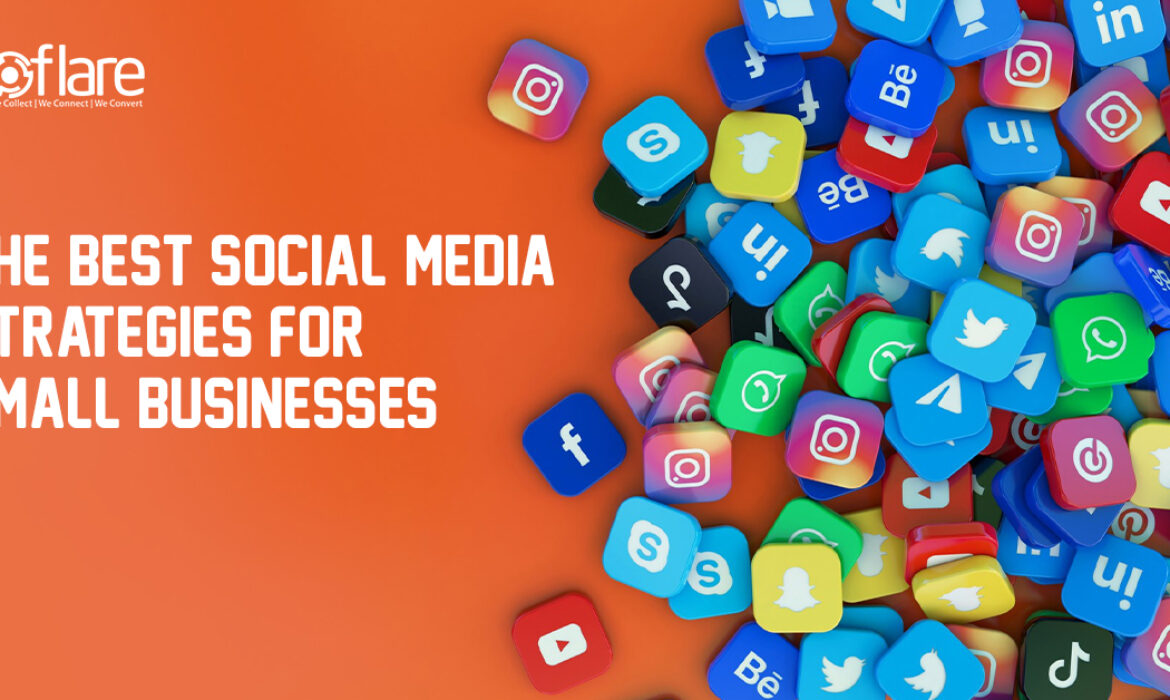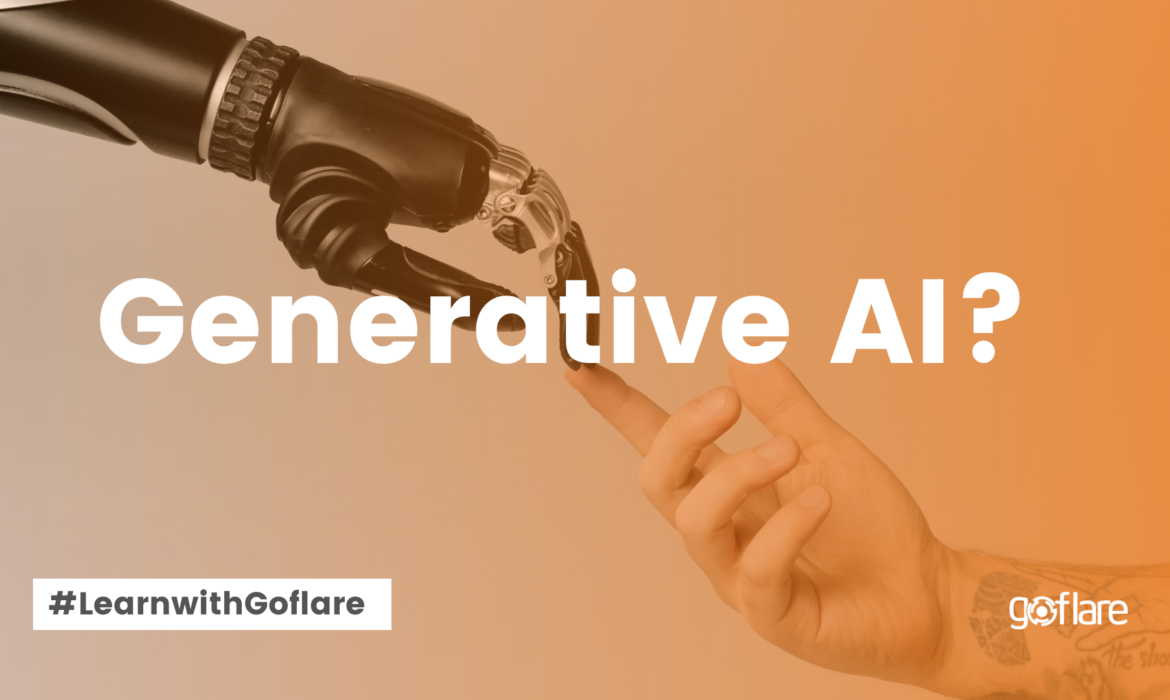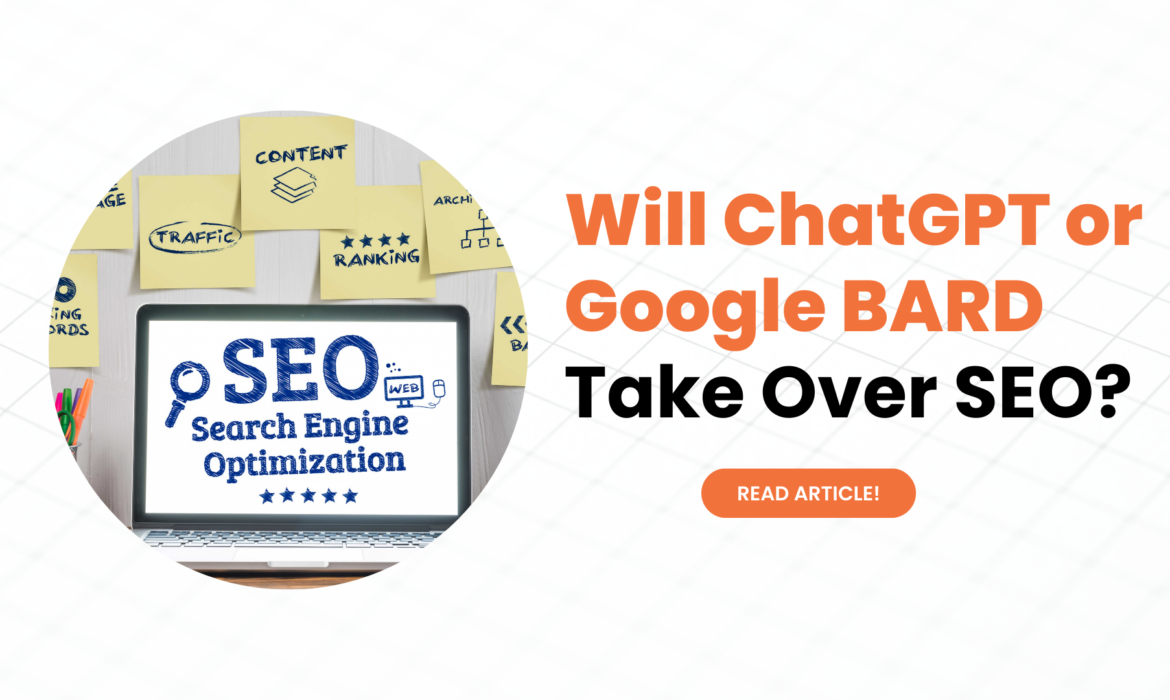The best social media strategies for Small Businesses
Introduction
Social media is no longer just an option for small businesses—it’s a necessity. With over 4.9 billion social media users worldwide, platforms like Facebook, Instagram, LinkedIn, and TikTok offer businesses an opportunity to engage with their audience, build brand awareness, and drive sales without breaking their banks. Most Marketing strategies require a huge marketing budget that can be a problem for startups or small businesses. Social media marketing is a rather budget-friendly yet an effective way to deliver a strong brand presence.
But with numerous platforms and strategies, how can small businesses make the most of social media? In this guide, we’ll walk you through the best social media strategies that can help your business grow.
1. Define Your Social Media Goals
Before allocating any budget or creating strategies, you should be clearly aware of what you want to gain from it. Clear goals will help streamline your content strategy and performance metrics. Some common goals include:
Increasing brand awareness – Reaching a wider audience and getting your name out there.
Generating leads and sales – Driving traffic to your website or store.
Building community and engagement – Encouraging interactions with your followers.
Providing customer support – Using social media as a direct communication channel for both positive and negative reviews.
Pro Tip: Use the SMART goal framework (Specific, Measurable, Achievable, Relevant, Time-bound) to track success. This will help gain a strong insight into the past, present and the desired future.
2. Choose the Right Social Media Platforms
With hundreds of social media platforms on the rise, it gets rather confusing to choose the right one for your business.Not every platform will serve your business. Choose social media channels based on your target audience and industry. Popular social media platforms include:
Facebook – Best for local businesses, service providers, and community engagement. Instagram – Ideal for visual brands, eCommerce stores, and influencers.
LinkedIn – Great for B2B marketing, networking, and professional services.
TikTok – Best for brands targeting younger audiences with creative content.
Twitter (X) – Good for real-time updates, customer service, and industry trends.
Pro Tip: Start with 2-3 platforms and focus on consistent posting and engagement before expanding.
3. Create High-Quality, Engaging Content
Content is the heart and soul of your social media marketing strategy. In order to gain attention and engagement from your audience, focus on creating content that hits the audience one way or another. Creating content around polls, questionnaires and more of “audience-oriented” content is what helps you stand out. Highlighting your Unique Selling Point is what creates a ground-breaking presence for your brand.
Educational Content – How-to guides, tips, and industry insights.
Behind-the-Scenes (BTS) – Showcase your team, process, and company culture.
User-Generated Content (UGC) – Feature content created by your customers.
Live Videos & Reels – Engage audiences in real-time with live Q&A sessions.
Storytelling & Brand Stories – Share success stories and testimonials.
Pro Tip: Use the 80/20 rule – 80% valuable, engaging content and 20% promotional content.
4. Be Consistent with Your Posting Schedule
Posting consistently keeps your audience engaged and improves your reach. Create a content calendar to stay organized. Schedule your posts, reels and divide your content based on categories and types. Manage the time and categorise posts based on priority.
Best Posting Frequency by Platform:
✔ Facebook: 3-5 times per week
✔ Instagram: 4-7 times per week (Reels, Stories, Posts)
✔ LinkedIn: 2-3 times per week
✔ TikTok: 4-5 times per week
✔ Twitter (X): 5-7 times per week
Pro Tip: Use social media scheduling tools like Buffer, Hootsuite, or Later to automate posting. Also assigning a team solely to posting and scheduling and coming up with new ideas for content can help elevate the quality of the content to another level.
5. Engage with Your Audience & Build Community
Social media is a two-way conversation. Respond to comments, messages, and reviews to increase engagement.
✔ Reply to every comment & direct message or query.
✔ Run polls, Q&A sessions, and giveaways to increase further participation.
✔ Join industry-related conversations & trending hashtags as people are attracted to it.
✔ Collaborate with micro-influencers or brand ambassadors.
Pro Tip: Engaging within the first hour of posting can boost visibility and reach. Letting the audience know that you are there for them and are active for their queries and questions.
6. Use Paid Ads to Boost Reach & Conversions
While organic reach is essential, paid social media ads can significantly increase visibility and sales.
Best Ad Types for Small Businesses:
✔ Facebook & Instagram Ads – Great for lead generation & eCommerce sales.
✔ LinkedIn Ads – Perfect for B2B businesses targeting professionals.
✔ TikTok Ads – Ideal for brands targeting Gen Z & younger audiences.
✔ Retargeting Ads – Re-engage website visitors who didn’t convert.
Pro Tip: Start with a small budget ($5-$10 per day) and test different creatives before scaling.
7. Track Performance & Optimize Your Strategy
Use analytics tools to measure what’s working and optimize accordingly.
Key Metrics to Track:
Engagement Rate – Likes, shares, and comments.
Follower Growth – How fast your audience is expanding.
Click-Through Rate (CTR) – The percentage of users clicking your links.
Conversions & Leads – Sales and inquiries generated from social media.
Pro Tip: Use Facebook Insights, Instagram Analytics, and Google Analytics to track results and adjust strategies.
8. Leverage Influencer & Partnership Marketing
Partnering with local influencers or industry leaders can expand your reach and credibility. Individuals are fond of products that they can connect with real people. It is always better to make the most of influencer marketing.
✔ Micro-influencers (1K-50K followers) have higher engagement than celebrity influencers.
✔ Affiliate marketing – Offer commissions for referrals.
✔ Cross-promotions with other small businesses.
Pro Tip: Reach out to influencers with authentic engagement, not just high follower counts.
9. Invest in Video & Short-Form Content
Short-form videos like Instagram Reels, TikTok, and YouTube Shorts are dominating social media. Individuals are more and more interested in content that is short and gets the message delivered.
Video Content Ideas for Small Businesses:
Product showcases & tutorials
Behind-the-scenes & workplace culture
Customer testimonials & reviews
“Day in the Life” business operations
Pro Tip: Short-form videos get 3x more engagement than static posts—use them to boost your reach.
10. Stay Updated with Trends & Algorithm Changes
Social media platforms constantly update their algorithms. Stay ahead by following industry blogs, attending webinars, and testing new features.
Platforms to Follow for Social Media Updates:
✔ Facebook & Instagram Business Blog
✔ LinkedIn Marketing Solutions Blog
✔ TikTok Creator Portal
✔ HubSpot & Social Media Examiner
Pro Tip: Early adopters of new platform features (e.g., Instagram Reels, LinkedIn Newsletters) get better reach!
Final Thoughts
Social media marketing is a powerful, cost-effective tool for small businesses to build a loyal audience, increase brand awareness, and drive sales. By using the right strategies like consistent posting, audience engagement, paid ads, and video content,your business can stand out in a crowded digital space. Always streamline your content as per the needs of your audience.
Want to build a groundbreaking social media presence? Contact Goflare DIgital Marketing Agency for expert social media management & ad campaigns!
Book a Free Social Media Strategy Session Today.
Generative AI: Revolutionizing the Future of Artificial Intelligence
In recent years, the field of Artificial Intelligence (AI) has witnessed remarkable advancements. One of the most exciting developments in AI is the emergence of Generative AI, a technology that has the potential to revolutionize various industries. Generative AI refers to the ability of machines to create and produce content, such as images, videos, music, and even human-like text, without explicit programming. In this article, we will delve into the world of Generative AI, exploring its applications, benefits, and implications for the future.
Generative AI: Exploring the Possibilities
Generative AI utilizes deep learning models to generate new and original content by learning patterns from existing data. The technology enables machines to understand the underlying structure of the data and generate novel outputs that align with the learned patterns. This ability has profound implications for several industries, including art, entertainment, healthcare, and more.
The Role of Generative AI in Art and Creativity
Generative AI has opened up new frontiers in the realm of art and creativity. Artists and designers can now leverage the power of AI algorithms to generate unique and captivating artworks.
By inputting specific parameters and training the AI model on a dataset of artistic styles, artists can obtain fresh ideas, inspiration, and even generate entire pieces of artwork with the touch of a button. This symbiotic relationship between human creativity and AI capabilities has the potential to redefine artistic expression.
Generative AI in Entertainment and Media
In the entertainment industry, Generative AI is making waves by enhancing the production of music, movies, and video games. Musicians and composers can use AI algorithms to generate melodies, harmonies, and even entire compositions, expanding their creative possibilities.
Moreover, movie studios and game developers can employ Generative AI to create realistic characters, generate lifelike animations, and even assist in the screenwriting process. The integration of Generative AI in entertainment promises a future where the boundaries of imagination are pushed to new horizons.
The Impact of Generative AI in Healthcare
The healthcare sector is another domain where Generative AI is making significant strides. Medical professionals can harness the power of AI algorithms to analyze vast amounts of patient data, identify patterns, and make accurate predictions.
This technology aids in early detection of diseases, personalized treatment plans, and drug discovery. Moreover, Generative AI is utilized to generate synthetic data for training medical imaging algorithms, reducing the need for large annotated datasets and enhancing the efficiency of diagnostic procedures.
FAQs about Generative AI
1. What is Generative AI?
Generative AI refers to the ability of machines to create and produce content without explicit programming, using deep learning models to generate new and original outputs.
2. How does Generative AI work?
Generative AI works by training deep learning models on a dataset of existing content. The models learn patterns and structures from the data and generate new outputs that align with the learned patterns.
3. What are the applications of Generative AI?
Generative AI has applications in various industries, including art, entertainment, healthcare, and more. It is used for generating artwork, music, movie characters, and assisting in medical diagnosis and treatment.
4. Is Generative AI replacing human creativity?
No, Generative AI is not replacing human creativity. It is a tool that aids and enhances human creativity by providing new ideas, inspiration, and assisting in the creative process.
5. Are there any ethical concerns regarding Generative AI?
While Generative AI brings numerous benefits, there are ethical concerns surrounding its usage. These include issues such as the authenticity of generated content, potential misuse of the technology, and implications for intellectual property rights.
6. What does the future hold for Generative AI?
The future of Generative AI is promising. As the technology continues to advance, we can expect further breakthroughs in creativity, entertainment, healthcare, and various other fields. However, it is crucial to navigate the ethical challenges and ensure responsible and beneficial use of Generative AI.
Generative AI represents a groundbreaking advancement in the field of Artificial Intelligence. Its ability to create and generate content without explicit programming opens up a world of possibilities across various industries. From art and entertainment to healthcare, Generative AI is transforming the way we create, innovate, and interact with technology. As we continue to explore the potential of Generative AI, it is vital to embrace responsible practices and ethical considerations to ensure a future where AI augments human capabilities and brings about positive change.
Will ChatGPT or Google BARD take over SEO?
SEO has been a critical aspect of digital marketing for several years, and it’s not going away anytime soon. While chatbots like ChatGPT and Google BARD have the potential to revolutionize the way we approach SEO, they cannot replace the human element entirely. Here are a few reasons why SEO will never die:
Users need SEO
Users rely on search engines like Google to find the information, products, and services they need. Without SEO, businesses would struggle to reach their target audience, and users would struggle to find what they’re looking for. While chatbots can enhance the user experience, they cannot replace the importance of SEO in driving traffic and providing relevant and valuable content to users.
SEOs need HUMANS, not robots
SEO involves a wide range of activities, including keyword research, content creation, link building, and analytics. While chatbots can assist with some of these activities, they cannot replace the human element entirely. SEOs need to understand user behavior, preferences, and intent to develop effective strategies that drive traffic and generate leads. They also need to be able to interpret data and adjust their strategies based on real-world feedback.
SEO is constantly evolving
SEO is a dynamic and constantly evolving field that requires SEOs to stay up-to-date with the latest trends and technologies. While chatbots are currently at the forefront of AI technology, there will always be new developments and innovations that require human intervention and expertise. SEOs need to be able to adapt to these changes and develop strategies that reflect the latest best practices.
Will ChatGPT or Google BARD take over SEO?
SEO has been the backbone of digital marketing, enabling websites to rank higher in search engine results pages (SERPs). However, with the advent of artificial intelligence (AI) technology, some industry experts believe that chatbots like ChatGPT and Google BARD might soon take over SEO. In this article, we will explore whether chatbots will replace traditional SEO techniques, or whether SEO will remain an essential part of digital marketing.
However, with the advent of AI chatbots like ChatGPT and Google BARD, there is a growing concern that SEO might become obsolete. In this article, we will explore the role of chatbots in SEO and whether they will replace traditional SEO techniques.
What is ChatGPT?
ChatGPT is an AI-powered chatbot developed by OpenAI that uses natural language processing (NLP) to converse with users in a human-like manner. It can be used for a variety of applications, including customer service, language translation, and content creation. ChatGPT has been touted as a game-changer in the world of AI, with some experts predicting that it will transform the way businesses interact with their customers.
What is Google BARD?
Google BARD (Bidirectional Encoder Representations from Transformers) is another AI-powered chatbot developed by Google. Like ChatGPT, it uses NLP to understand and respond to user queries. Google BARD is particularly adept at understanding complex language structures and can provide more accurate and nuanced responses than traditional chatbots.
犀利士How do ChatGPT and Google BARD relate to SEO?
Chatbots like ChatGPT and Google BARD have the potential to revolutionize the way we approach SEO. By using NLP to understand user queries, chatbots can provide more relevant and personalized responses, which can improve the user experience and increase engagement. In addition, chatbots can help businesses to identify and address user pain points, which can lead to higher conversion rates and improved customer satisfaction.
Will ChatGPT or Google BARD take over SEO?
While chatbots like ChatGPT and Google BARD have the potential to enhance SEO, it is unlikely that they will replace traditional SEO techniques entirely. SEO involves a wide range of activities, including keyword research, content optimization, and link building, which are still essential for improving website rankings and driving traffic. Chatbots can enhance these activities by providing more personalized and relevant responses, but they cannot replace them entirely.
In addition, chatbots still have limitations in terms of understanding user intent and context. While they can provide accurate responses to specific queries, they may struggle with more complex or abstract queries that require human intuition and expertise. Therefore,
Chatbots can enhance SEO, but can’t replace the human element entirely.
The Benefits of Chatbots for SEO
While chatbots may not take over SEO entirely, they can still provide significant benefits for businesses looking to improve their rankings and drive traffic. Some of the key benefits of chatbots for SEO include:
- Improved user experience: By providing personalized and relevant responses, chatbots can enhance the user experience and increase engagement.
- Enhanced engagement: Chatbots can help to increase engagement by providing more interactive and engaging content.
- Better understanding of user intent: Chatbots can help businesses to better understand user intent by analyzing user queries and identifying pain points.
- Increased efficiency: Chatbots can help businesses to save time and resources by automating certain aspects of SEO, such as keyword
Conclusion
While chatbots like ChatGPT and Google BARD have the potential to revolutionize the way we approach SEO, they cannot replace the importance of SEO entirely. Users need SEO to find the information, products, and services they need, and SEOs need humans to develop effective strategies that drive traffic and generate leads. As SEO continues to evolve, there will always be new challenges and opportunities that require human intervention and expertise. Therefore, SEO will never die, but it will continue to evolve and adapt to the changing digital landscape.





